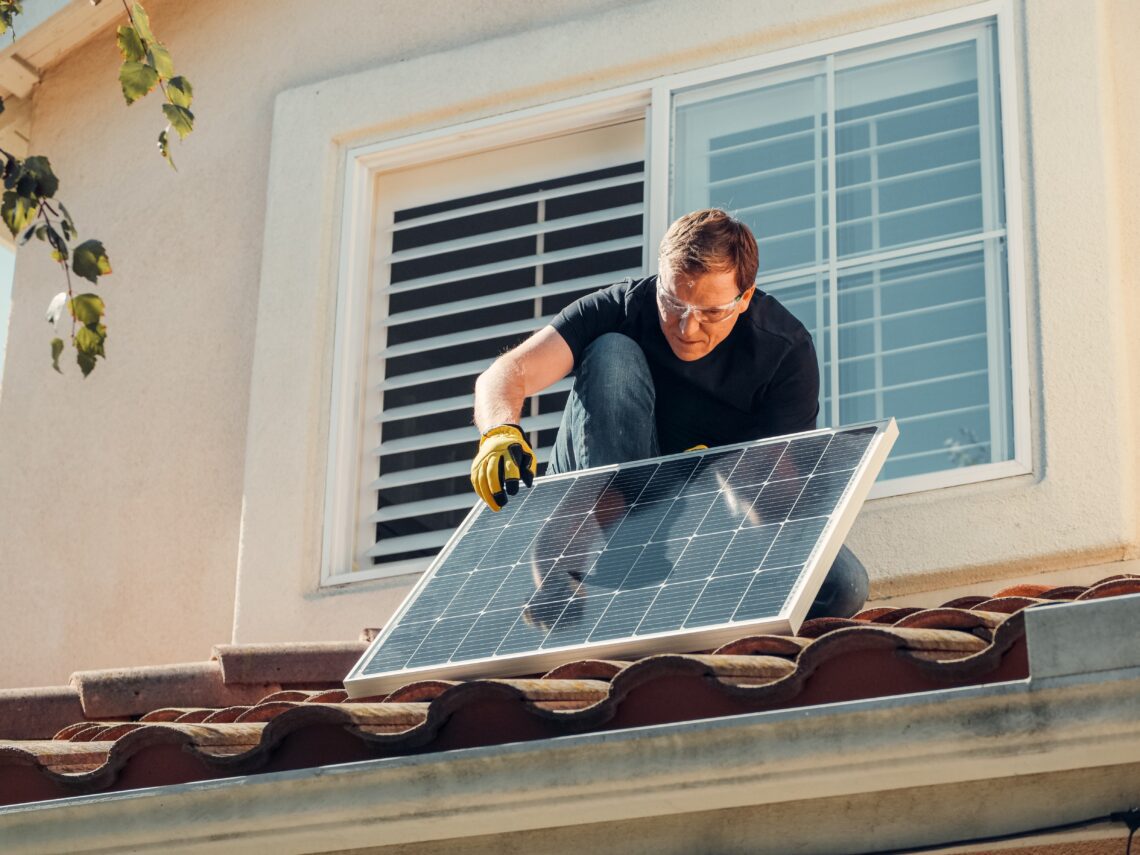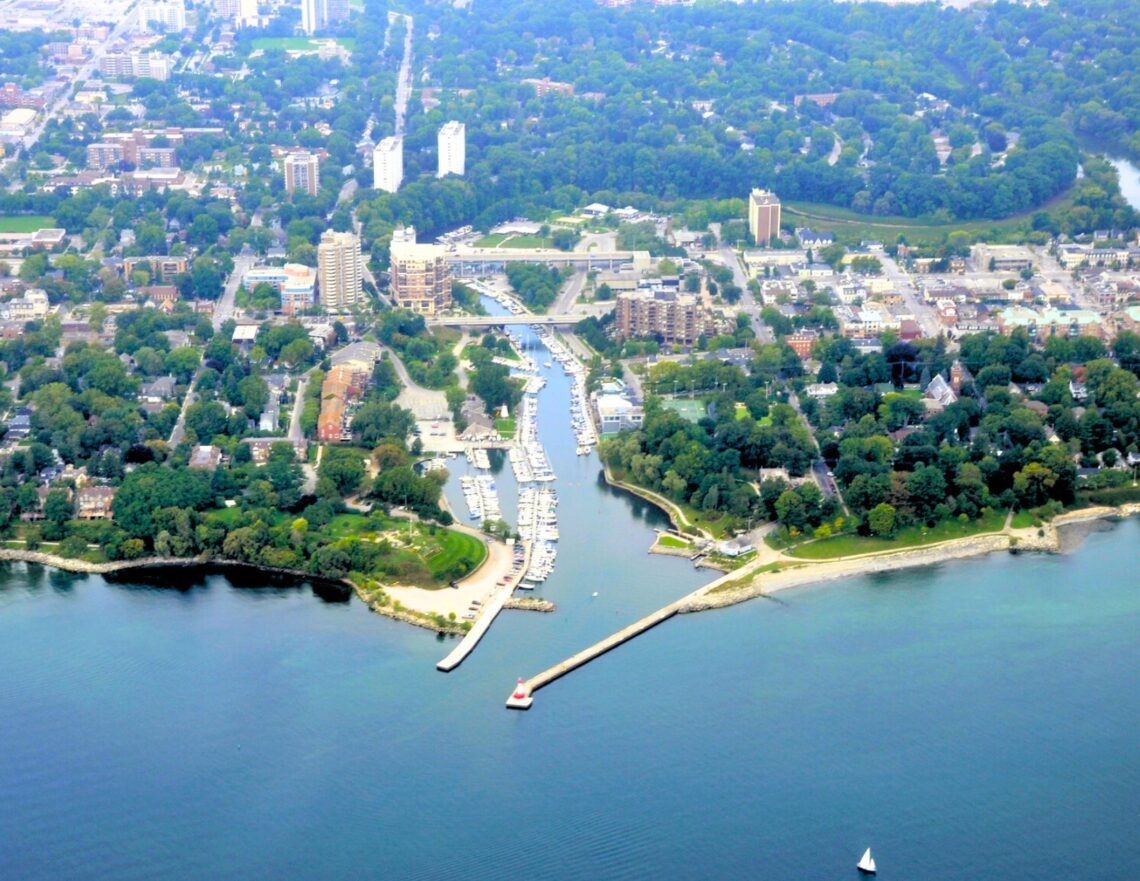07.20.2023 | Buying
What to Look for in an Energy-Efficient Home

More people are seeking energy-efficient homes as the importance of sustainability grows. Not only do they minimize your impact on the environment, but they also provide long-term cost savings. From windows and insulation to energy-efficient appliances, there are many factors to consider when seeking an eco-friendly home. Whether you want to buy new or purchase an older home with energy efficient upgrades, these tips on what to look for in an energy efficient home will help you find the perfect space.
Benefits of Energy-Efficient Homes
1. Environmental Impact
Owning an energy-efficient home can significantly reduce your carbon footprint. Optimizing energy use lowers greenhouse gas emissions and helps combat climate change. When we conserve natural resources such as fossil fuels and water, we minimize energy waste and make a positive difference in preserving our planet.
2. Cost Savings
Energy-efficient homes can significantly reduce costs. Reducing energy consumption through improved insulation, efficient appliances, and smart energy management systems can all lead to a noticeable decrease in your utility bills.
3. Increased Resale Value
Energy-efficient homes are the way of the future. Energy-efficient homes will command a higher resale value as demand for sustainable living increases.
4. Healthy Living
A sealed home with energy-efficient windows helps minimize air transfer to create a healthier living environment. A properly ventilated house enhances indoor air quality by reducing pollutants and allergens.
5. Government Incentives
The Canadian Government offers many incentives, tax credits and rebates for homeowners looking to create energy-efficient homes. The Canada Greener Homes Grant is available for recommended and eligible retrofits such as insulation, windows, heat pumps, and renewable energy systems.
What to Look for In an Energy-Efficient Home
The goal of energy-efficient homes is to use less energy, reduce the consumption of fossil fuels and water, and use sustainable sources whenever possible. Small changes add up. Adopting energy-efficient systems into our homes whenever possible work towards fighting climate change and helps ensure a healthy planet. When purchasing a new home, let your realtor know if energy efficiency is high on your list of wants and needs.
Air Sealing and Insulation
Energy Star estimates that 25%-40% of your home’s heating and cooling energy is lost through air leaks. While every home has small air leaks, older, drafty homes can lead to significant energy waste. Professional air sealing and expertly installed insulation helps create a powerful thermal barrier around your home. A properly sealed and insulated home prevents excess moisture and allergens while allowing healthy ventilation. The goal is to create the optimum airflow in your home, regulate indoor temperatures and reduce energy waste.
Energy Efficient Heating and Cooling
Regulating temperature accounts for a significant portion of your home’s energy consumption. Energy-efficient homes use less power to heat and cool the house, reducing fossil fuel consumption and greenhouse gas emissions. When purchasing your energy-efficient home, be sure to ask about the HVAC system. Look for high-efficiency models using advanced technology, such as variable-speed compressors and smart thermostats.
High-Quality Windows
Drafty windows can lead to energy waste. As a rule of thumb, replacing your windows every 15-20 years is a good idea. Choosing windows with a high energy efficiency rating means you are using less energy to heat and cool your home. Features of energy-efficient windows can include dual or triple-pane glass, low-emissivity glass, inert gas in the sealed unit, insulated frames, and air tightness.
Smart Home Technology
Smart thermostats, lighting controls and energy management systems can considerably impact your home’s energy efficiency. Controlling your home’s energy use remotely helps reduce waste when you are not home. This intelligent technology also learns your preferences and can suggest ways to save energy.
Water Efficiency
Energy-efficient homes should also incorporate water-saving features. Low-flow faucets, shower heads and toilets all help reduce water use indoors. Creating water-efficient landscaping and harvesting rainwater can conserve water in your yard and gardens. Using smart thermostats on outdoor sprinklers ensures healthy green grass with minimal water usage.
Renewable Energy Integration
The gold star of energy efficiency is a home with a renewable energy source, such as solar panels, wind turbines or geothermal systems. Renewable energy sources generate clean energy on-site, reducing fossil fuels and lowering utility bills.
Energy Saving Tips
- Monitor water usage
- Optimize your home’s temperature
- Use cold water for laundry
- Close curtains in summer to help regulate temperature
- Make use of ceiling fans to move air through your home
- Clean filters regularly so your furnace runs efficiently
- Turn off electronics when you’re not using them
- Turn off the lights when you leave a room
- Use natural light when possible
- Don’t leave phones plugged in overnight
- Turn off computers at night and when not in use
- Run large appliances (dishwashers, washers, dryers) in the evening
- Make sure air vents are clear of furniture so they can circulate air properly
An energy-efficient home is important for your family, the environment, and your financial well-being. Reducing energy consumption and fossil fuel use helps us fight climate change and contributes to a sustainable future for future generations. Prioritizing energy efficiency in your next home will positively impact the environment and help save you money in the long run!
If you are interested in learning more about how to add energy efficient upgrades into your home, check out our post on Eco-Friendly Kitchen Upgrades for a Greener Home.





